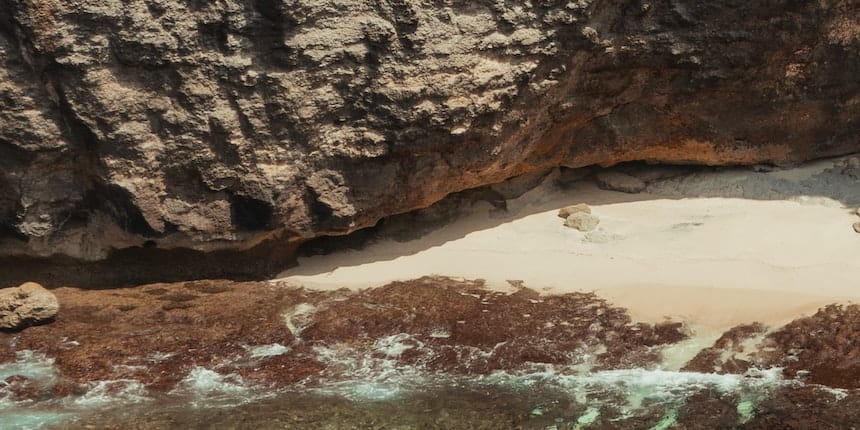GSI Full Form
What is the full form of GSI?
The Geological Survey of India (GSI), established on March 4, 1851, is a government organisation in India responsible for conducting geological surveys and studies throughout the country. As the second-oldest institution of its kind in India, GSI is headquartered in Kolkata, West Bengal, and has six regional offices located in Lucknow, Jaipur, Nagpur, Hyderabad, Shillong, and Kolkata. The objective of the GSI Training Institute is to become a centre for sharing knowledge and to provide training to middle and upper-level management within GSI.

Mission of GSI
The five missions of the GSI are:
Conducting marine and aerial surveys.
Assessment of natural mineral and energy resources.
Data management, publication of information and data integration etc.
Researching geoscience, climate change, and ecosystems.
Training & capacity building.
Key Functions of GSI
The key functions of the Geological Survey of India (GSI) are:
Conducting geological surveys and studies across India to assess the country's mineral resources and geology.
Mapping the geology of India, including the study of rocks, minerals, and other natural resources.
Providing advice and technical support to the government and other organisations on matters related to geology and mineral resources.
Monitoring and assessing the impact of natural and human-induced hazards such as earthquakes, landslides, and mining activities.
Developing and maintaining a database of geological information and making it available to the public.
Collaborating with national and international organisations to advance the study of geology and mineral resources in India.
Providing training to middle and upper-level management within GSI.
Conducting research in various fields of geology such as stratigraphy, structural geology, mineralogy, geochemistry, and geophysics.
Exploring and prospecting mineral resources, including minerals, coal, petroleum, and natural gas.
Providing consultancy services to various sectors such as mining, hydrogeology, engineering geology, environmental geology, and mineral exploration.
GSI Training Institute
Training building is one of the missions of GSI and hence the GSI Training Institute was established in 1976 with its headquarters in Raipur.
GSI trains geoscientists in the field of mineral sectors. GSI also conducts training programs that provide directions on the optimal utilisation of mineral resources.
The training programs include field training, skill and research.
Programs of The GSI TI
programs offered by GSI Training Institute are given below:
Induction-level courses for geologists, geophysicists, chemists and engineers.
Advanced courses in geological disciplines.
Mineral exploration
Remote sensing
Geochemical mapping
Geophysical mapping
Marine surveys
Hyperspectral mapping
Earthquakes
Natural landscape studies
Frequently Asked Questions (FAQs)
The GSI has six regional offices located in Lucknow, Jaipur, Nagpur, Hyderabad, Shillong and Kolkata.
The Geological Survey of India (GSI) is a government organisation in India that is responsible for conducting geological surveys and studies across the country. It maps and studies the geology of India, including the study of rocks, minerals, and other natural resources, and provides advice and technical support to the government and other organisations on matters related to geology and mineral resources.
There are following five missions of GSI which include:
Data collection and baseline geoscience.
Natural resource assessment.
Geoinformatics.
Multidisciplinary geosciences.
Capacity building.
The key functions of the GSI include conducting geological surveys and studies, mapping the geology of India, providing advice and technical support to the government and other organisations on matters related to geology and mineral resources, monitoring and assessing the impact of natural and human-induced hazards, developing and maintaining a database of geological information, collaborating with national and international organisations to advance the study of geology and mineral resources, providing training to middle and upper-level management within GSI, conducting research in various fields of geology, exploring and prospecting mineral resources, and providing consultancy services to various sectors.
The objectives of the GSI include conducting geological surveys and studies to assess the country's mineral resources and geology, mapping the geology of India, providing advice and technical support to the government and other organisations on matters related to geology and mineral resources, monitoring and assessing the impact of natural and human-induced hazards, and developing and maintaining a database of geological information.